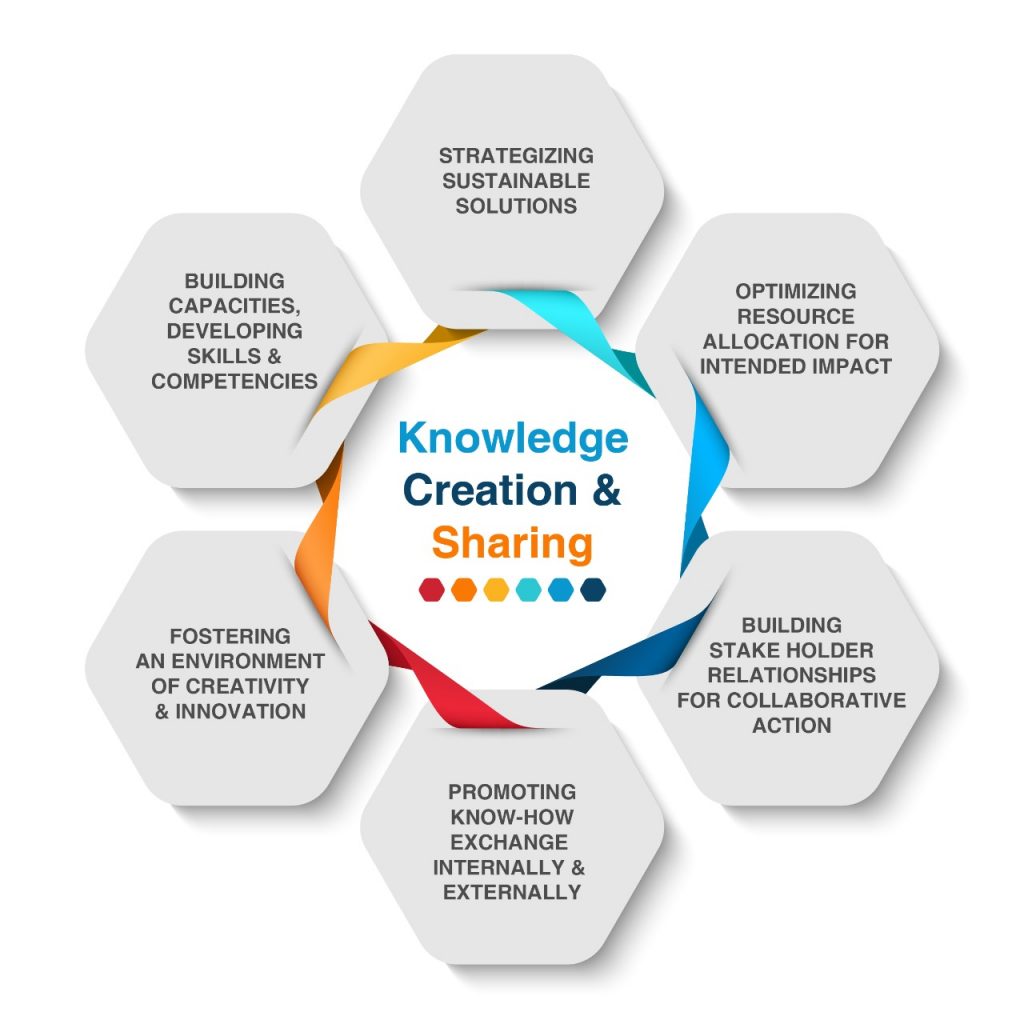Call Us: 91 9903942044 / +91 8820713621 Email Us: info@isankalpa.org
Iswar Sankalpa has witnessed a notable organic growth from 1 community-based outreach programme in 2007 to 10 programmes currently, addressing a gamut of socio-political issues stemming from the intersection of vulnerabilities: homelessness, mental illness, poverty and gender-based discrimination and violence. A large part of this growth can be attributed to a series of active strategic responses to the emerging needs of the service users.
The organizational aspiration to advance models of quality person-centred care and intervention is rooted in the Japanese philosophy and concept of ‘Kaizen’- building a culture of continuous, incremental improvement which will result in desired and effective change.
With rapid changes in the social development milieu, there’s a growing need for shared responsibilities and collectivised action to address the critical and complex developmental issues. Having gained this understanding, the organisation now firmly believes that its rich experiences, learnings and expertise though localized context must be captured, consolidated and shared with all the key stakeholders in the system.

The aim is to continuously develop as a learning organisation and catalyse the development of a more sensitized, responsive and responsible community to co-hold the cause.
The SOP manual for all the key programmes of the organisation have been developed, providing a guideline about the processes and practices involved therein. It is believed to serve as an important instrument both for internal monitoring and regular improvement of services, empowerment of middle management and replication of services (in parts/whole by other organisations)
Iswar Sankalpa has adopted the process of assessing its performance across key programmes against identified standards of high quality service and care. The aim is to move from a more output based to a more outcome based planning and service model. The organisation plans to introduce a course on development of such a framework for interested organisations
Having worked with homeless persons with psychosocial disabilities for over a decade now, the organisation is readily compiling vocational and functional literacy training modules for working with marginalised populations
The organisation has prepared a training and capacity building module for caregivers of the Naya Daur Programme alongside doing training for other community volunteers over the years.
The organiation has also shared best practices through its experience in mental health provision to 10 shelter organistaions working in Kolkata.
Office of the Controller of Vagrancy, West Bengal sought submission of a proposal for training and capacity building of its staff at the Uttarpara Vagrant’s home (female), on the Rehabilitation process. In January 2020, the organisation joined hands with the department in the capacity of a technical resource and completed needs assessment of the staff and the residents there. The training will commence in 2021; paving way for institutional reforms in government homes.
The journey of the organisation, client stories, learnings, experiences of the work in the sector have been documented in various journals, books, research papers. In 2021, the Naya Daur model found place in the WHO Good Practices Guidance Document on Community Based Mental Health Service.
Iswar Sankalpa is investing in a bottoms up approach to learning and designing interventions by documenting learning from various programmes periodically; voices of the service providers and users are getting woven into films for the masses and key organisational developments shared through newsletters with stakeholders.